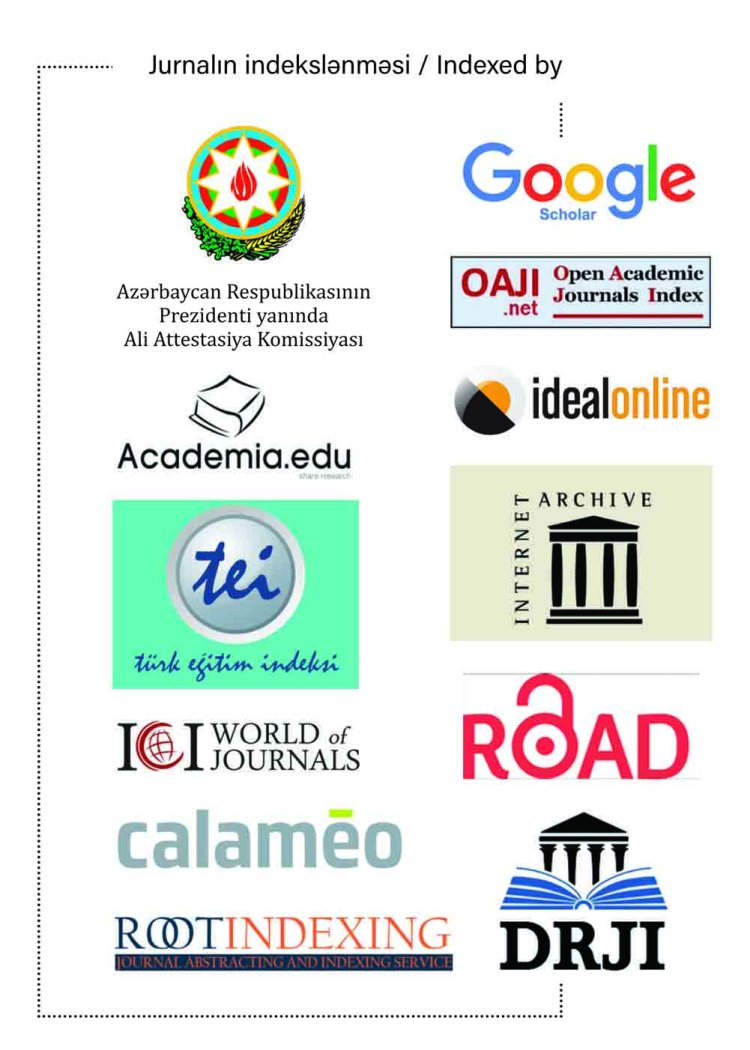THE PURPOSE AND IMPORTANCE OF EFFECTIVE CLASSROOM MANAGEMENT IN INCLUSIVE EDUCATION
Decisions, projects, pedagogical practices made in different historical periods in connection with the application of inclusive education were studied, analyzes were conducted with the help of empirical methods, and their specific features were noted. The main directions of the “State Program for the Development of Inclusive Education for Persons with Disabilities in the Republic of Azerbaijan in 2018-2024” are explained, the goals and expected results of the development of education directly from the program are announced, as well as the “Teacher Development Program” The content of the project implemented to support the implementation of the state program on inclusive education in Azerbaijan and the methods used in classroom management are theoretically generalized. Inclusive education stimulates social cohesion, frees children with disabilities from peers and social isolation, helps them develop, integrate into life and ensure their rights. Children with disabilities develop compassion and care for their peers or people with disabilities in their classrooms. Teachers master pedagogical methods and strategies in inclusive classrooms that allow them to effectively assist in the development of students, taking into account their individual characteristics. A teacher who creates an effective learning environment shows a proactive attitude. Emphasizes the importance of procedures and rules for effective classroom management. In addition, inclusive education is inherent in democratic values: trust, courage, compassion, equality, resilience, renunciation of violence provides moral support to students who may be subject to isolation. Contribution: Teachers of pedagogical specialties at universities can use them in the preparation of lecture texts, secondary school teachers can use them in classroom management, as well as students and graduate students in the preparation of independent works and presentations.




